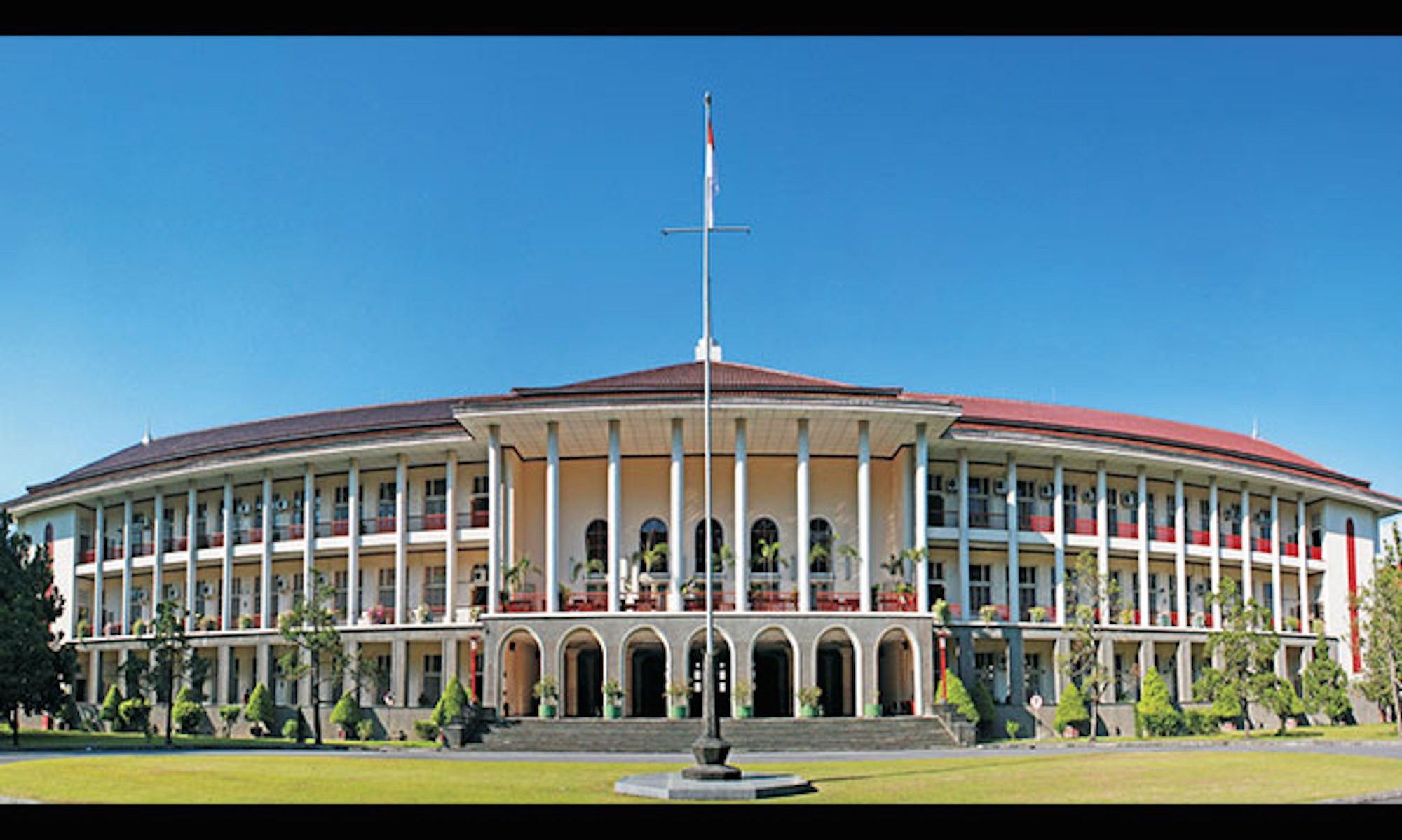SEAMEO RIHED invited me to be a keynote speaker at a conference held in Jakarta on 4 April 2017 on on Curriculum Structure and Development for Southeast Asian Higher Education. Here is my abstract:
EDUCATING GLOCAL CITIZEN:
Education Towards Locally-Rooted and Globally-Engaged Generation
I Made Andi Arsana
Head, Office of International Affairs
Lecturer, Department of Geodetic Enggineering
Universitas Gadjah Mada, Yogyakarta, Indonesia
Abstract
The World is smaller, not in physical size but in relation to the way people communicate and interact. The advancement of information and communication technology (ICT) has significantly changed the way we interact with people across the Globe. Communication is now faster and easier than ever, thanks to the Internet. With all of this development, the opportunity for the people to be globally connected has never been bigger. Interaction with different people in different places far away from where we live is now a day-to-day reality. In short, we become more and more connected to the World and can easily claim that we are the citizens of the world.
While young people, especially those with sufficient ICT access, are more connected worldwide, it is also true that they are prone to become less connected to their own local culture. Intensive and extensive interaction with different cultures from all different parts of the World is certainly enriching but it can also decrease the intensity to interact with local culture. In short, global connectivity, while important on one hand, may also become a source of problems when it comes to appreciation and connection with local values and wisdom, on the other hand. Hence, an education process to ensure the balance between the two is urgently needed.
This presentation highlights issues with regards to the need for students to prepare themselves to play roles globally as citizen of the world, as well as to maintain local values to be the foundation of their global activities. The case of Universitas Gadjah Mada (UGM) in Yogyakarta will be presented by giving emphasis on particular flagship programs such as community services amid the internationalisation context. Through its compulsory community services, UGM provides opportunities to students to understand the life of the people in villages and remote areas in 34 provinces in Indonesia. This is to assert that education is in fact to prepare generation to be ready to deal with and address real issues that society faces.
Through compulsory community service, coupled with world-class education, students may have excellent grass-root understanding and adequate global competence. This is to prepare young generation to be glocal citizens who are deeply rooted in their local culture and also ready for global engagement.

